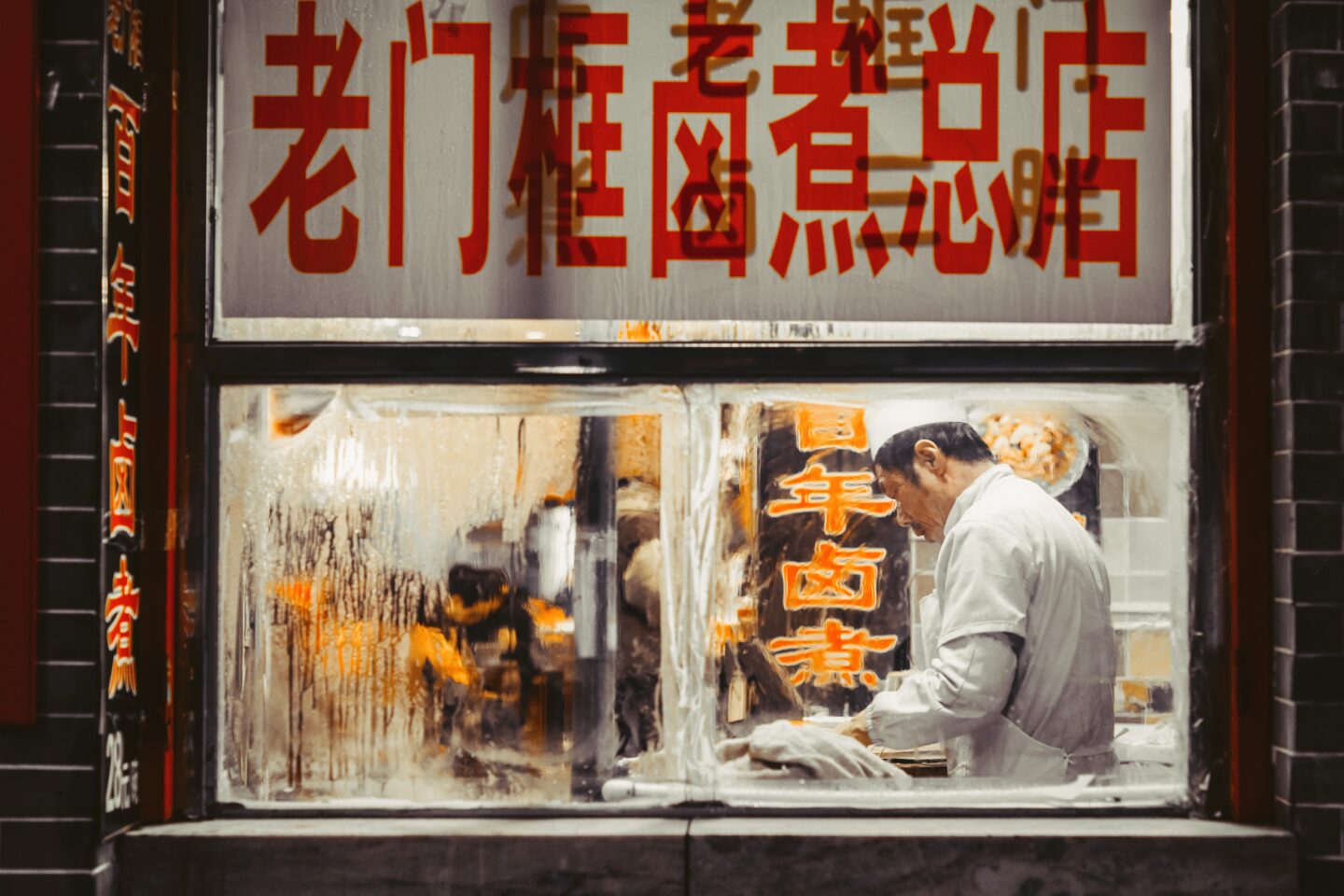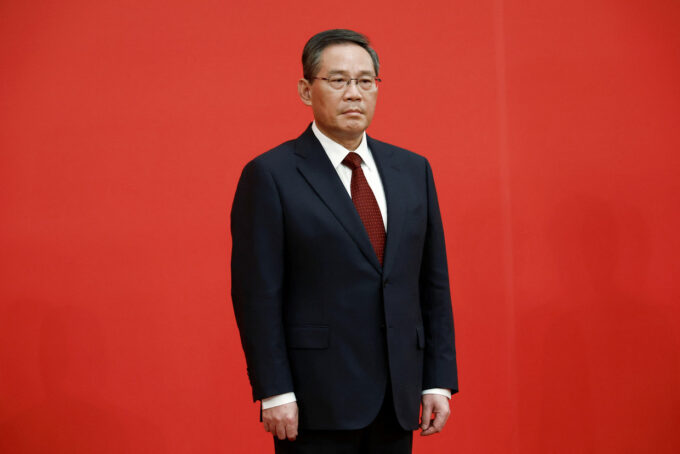In our annual business confidence survey , we asked our members whether they planned to do more in China. Last year 20% said yes, and this year it was also 20%. But when we asked if they were willing to stay in China, the share fell from 41% to 35%.
And while just 11% of respondents reported they were considering moving their current or planned investments out of China in 2022, that number has risen to 15%. Of those leaving, 27% said they were going to ASEAN countries, 21% said they were going to Europe, and 15% to India. Businesses aren’t waiting for China to make up its mind. They are actively looking for alternatives.
A risk-taking mindset
I’ve learned a lot from China – especially about risk taking and speed. It’s a great place for learning how to do new stuff. The different mindset here is something that our managers always enjoy working with. However, because of COVID, young European managers have stopped coming to China so are missing out on learning how to do things Chinese style.
If we don’t watch out, Chinese companies will be doing a lot of things much earlier and better than us. In batteries and digital communications for cars, for example, they are already some years ahead. Not having managers exposed to all this will harm headquarters’ understanding of how China operates. We need more Chinese managers in our headquarters and more of our young staff getting exposed to China’s risk-taking DNA.
I came to China for the first time in 1982, and since then the country has developed so much. I’ve now lived here straight for 30 years, for three years before that, and I’ve also had the privilege of enjoying life in Taiwan for a year. My adult life has been very Chinese. But over the last six months I’ve seen a very strong emphasis on ideology. Xi now mentions Marx far more than markets. It saddens me to see the diversity of opinion in Chinese society lessening, along with the open discussions that I enjoyed, particularly during the era of Prime Minister Zhu Rongji from the late 1990s to the early 2000s, as they have now largely gone.
Since its establishment in 2000, the EU Chamber of Commerce in China has seen its membership rise from 51 to more than 1,800. Joerg Wuttke has served as the Chamber’s president on three occasions: 2007-10, 2014-17 and 2019-2023.







